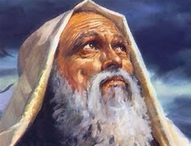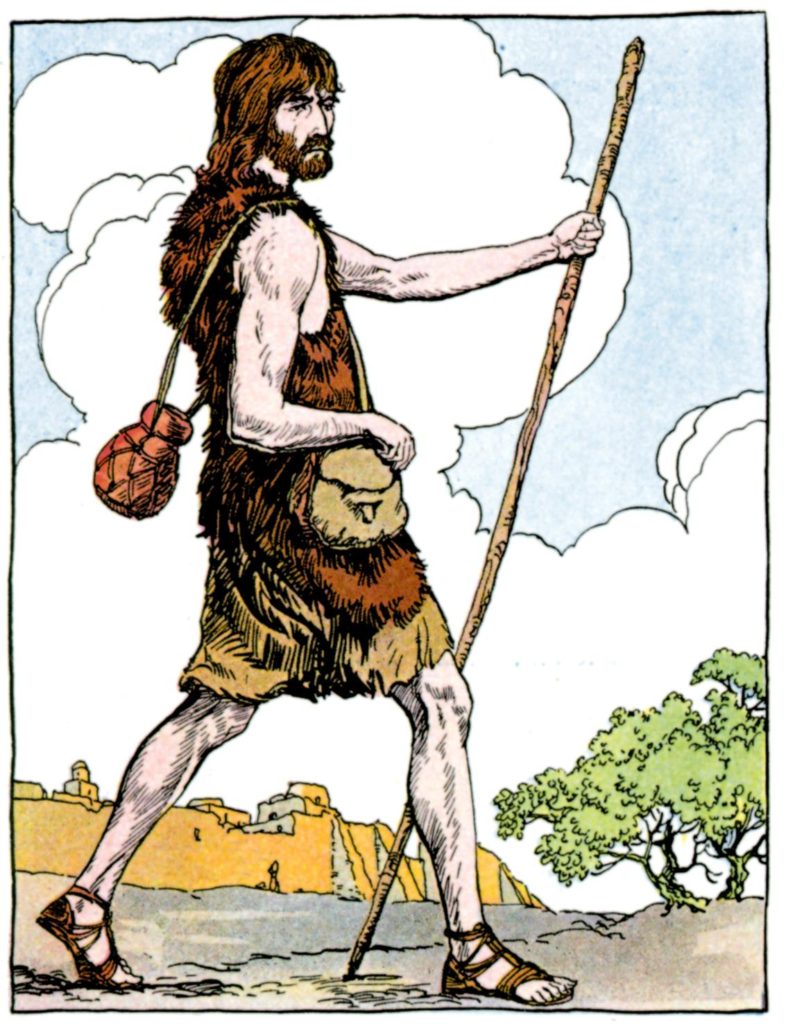
Luke 17:5–10, Increase our faith. Explaining the correlation between faithfulness and miraculous faith. As is often the case in the Gospels, Yeshua’s answers to his to the disciples’ questions is a bit of an enigmatic head scratcher. How does his answer relate to their question in Luke 17:56–10 about how to increase one’s faith? Let us explore the connection between miracles of faith and faithfulness.
In this passage of Scripture, Yeshua initially answers his disciples’ question by tersely stating that a small amount of faith produces great, even miraculous, results. He launches into a discussion about faithful attendance to duty, and ends the discussion there. What do these seemingly discordant statements have to do with each other? Upon reflection, the answer becomes evident. He is saying that faith resulting in miracles comes as a result of a servant being faithful by doing the will of his master—in this case, YHVH Elohim.
As an example of the connection between faith and faithfulness, let’s consider Yeshua’s command to his disciples to preach the gospel to all nations. Referred to as “The Great Commission,” Yeshua promised that certain miraculous signs and wonders would follow his disciples when they faithfully fulfill this command (Mark 16:15–18). One often hears Christians wondering why they do not see many miraculous signs and wonders happening today. Maybe it is because they are not being faithful to their Master’s command to preach the gospel to the whole world—or at least to share the gospel boldly with those around them. The preaching of the gospel is just one example of miracles of faith following obedience.
Let us dig deeper and demystify the connection between faith and faithfulness. Consider this. What is the relationship between faith and faithfulness? When one is faithful to his master’s will and is faithfully executing his responsibilities, what happens? By immersing oneself in the will of one’s master with one’s whole heart, one will be totally in tune with the master. That is, one will know the heart, mind and will of their master. He will know the desires of the master, how the master thinks and what the master wants him to do, and what the master wants him to do next. On this basis and from this spiritual launch pad, the servant can extend his faith and predict the will of the master—what the master wants him to do next, and then the servant can step out in faith and accomplish it, even if it requires a miracle to do so.
An example of stepping out in faith from the launch pad of faithfulness based on fulfilling Yeshua the Master’s will for his redeemed believers to expand the kingdom of heaven by sharing the gospel with others. In so doing, one will be walking hand-in-hand with the Master’s will to reverse the effects of the kingdom of darkness by healing the sick and casting demons out of oppressed people (Mark 16:15–18). In this manner, the kingdom of heaven is expanded one life at a time as per the heart and will of Yeshua. The preacher of the gospel should understand this correlation between faithfulness and miraculous faith, which is why after sharing the gospel with others, one can expect to heal the sick and cast demons out of the oppressed.
It is really that simple; it is a matter of cause and effect. Faith-based miracles is the natural consequence of faithfulness to execute the Master’s will. If one does not see miracles in one’s life, perhaps it is because one is not being obedient to the will of their Master!









